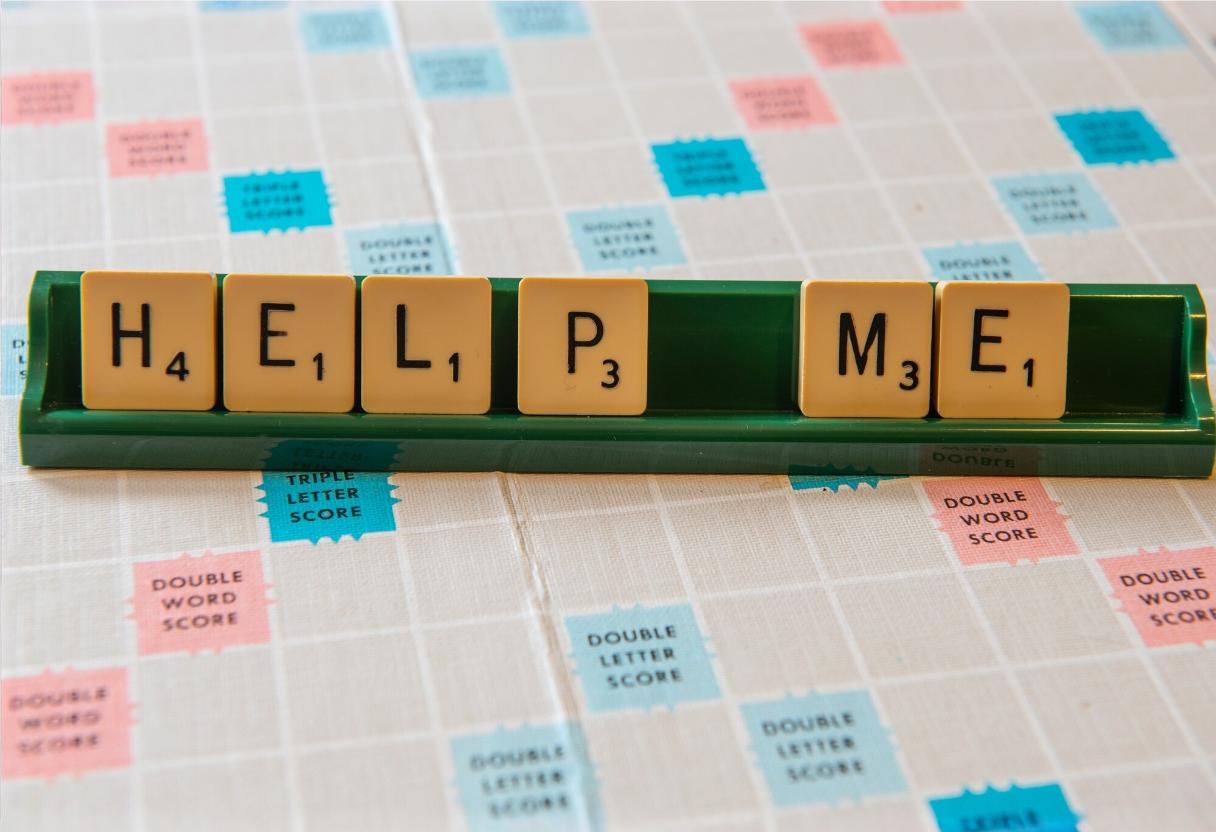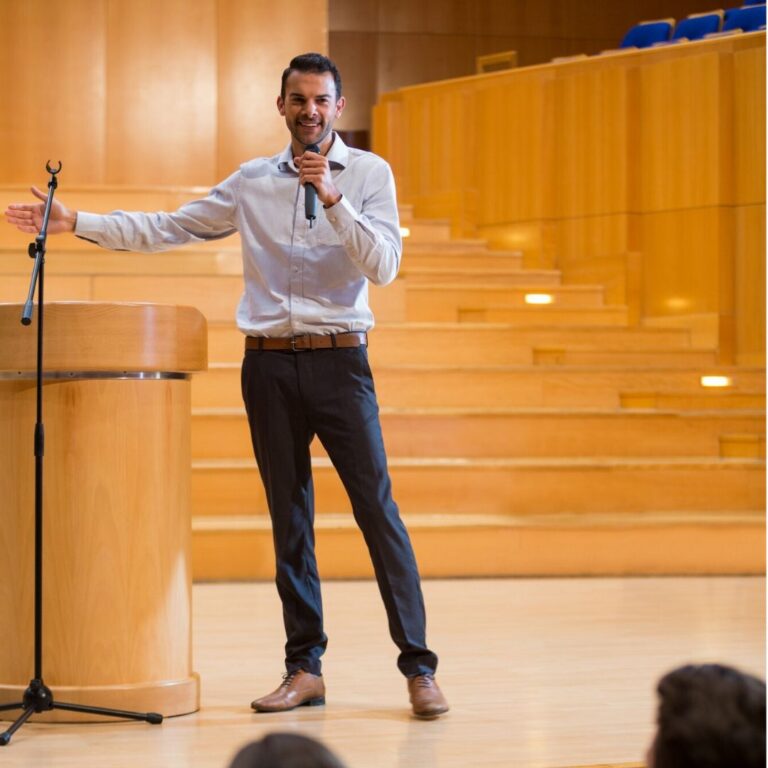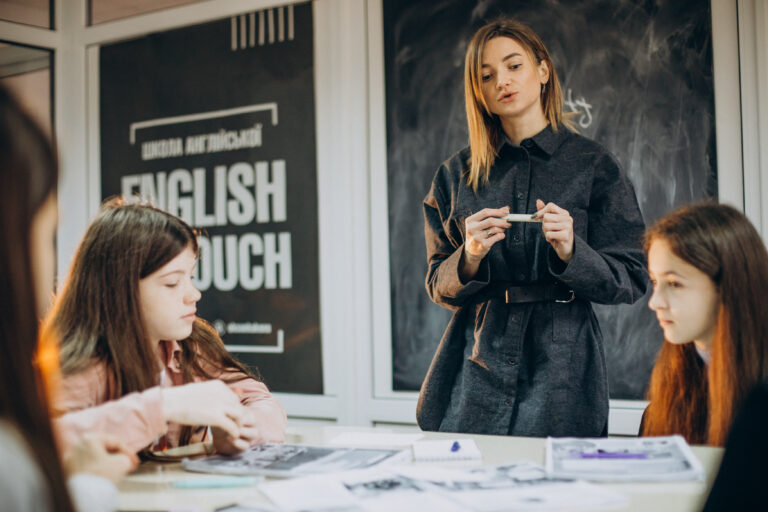
- Home
- How to Ask for Help in English?
- Shelby Academy
- 0 Comments
- December 30, 2024

How to Ask for Help in English?
Asking for help is an essential skill in communication. Whether in professional or personal settings, doing it effectively builds trust and understanding. Shelby Academy Medavakkam emphasizes practical techniques for polite and confident help-seeking. Using clear language ensures your requests are understood. Practice these strategies to enhance your fluency and interpersonal skills.
Use Polite Phrases
Politeness makes your requests more approachable. Using phrases like “Could you please” or “Would you mind” shows respect. Shelby Academy Medavakkam recommends polite expressions in various contexts. Practicing these phrases improves communication. Politeness enhances your relationships and makes people more willing to assist. Incorporate these into your daily conversations for a positive impact.
"Start with a Greeting"
Beginning with a greeting sets a friendly tone. Say “Good morning” or “Hello” before making a request. Shelby Academy Medavakkam encourages learners to practice greetings. Friendly openings make your request more engaging. Polite introductions foster better responses. Simple greetings enhance the conversation flow. Practice starts with small interactions for fluency.
"Express Gratitude in Advance"
Gratitude creates a positive impression. Saying “Thank you” before receiving help shows appreciation. Shelby Academy Medavakkam highlights gratitude as a key element. Polite gratitude increases the likelihood of receiving assistance. Practice expressing thanks naturally. Gratitude adds warmth to your conversations. Build this habit to improve communication outcomes.
Be Specific About Your Request
Clarity ensures your message is understood. Clearly state what assistance you need. Shelby Academy Medavakkam trains students to specify requests. Avoid vague language that confuses listeners. Practice articulating your needs directly. Specificity saves time and enhances efficiency. Being clear demonstrates confidence and professionalism.
"Provide Necessary Details"
Details help clarify your request. Explain why you need assistance or give context. Shelby Academy Medavakkam advises including relevant information. Detailed requests improve the chances of accurate help. Practice explaining your situation succinctly. Providing context builds understanding. Work on giving complete information during conversations.
"State the Desired Outcome"
Let others know the result you expect. Saying “I need this done by” or “I hope to achieve” provides clarity. Shelby Academy Medavakkam integrates outcome-focused practices. Specific outcomes guide responses effectively. Practice stating results clearly. Clarity ensures better collaboration and faster resolutions.
Use Positive and Friendly Language
Positivity encourages willingness to help. Friendly language creates a comfortable atmosphere. Shelby Academy Medavakkam promotes positivity in communication. Positive expressions foster trust and cooperation. Practice replacing negative phrases with friendly ones. Positivity increases the likelihood of assistance. Build rapport by being approachable.
"Avoid Demanding Tone"
Demands can discourage people from helping. Use “Could you help me” instead of “Do this for me.” Shelby Academy Medavakkam emphasizes courteous tone usage. Avoiding harsh language improves cooperation. Practice making gentle requests in various settings. Courteous communication ensures smoother interactions.
"Acknowledge the Other Person’s Efforts"
Acknowledgment shows respect for their time and energy. Say “I appreciate your help” after receiving assistance. Shelby Academy Medavakkam highlights acknowledgment as vital. Practicing appreciation improves your relationships. Respecting efforts encourages ongoing support. Build this habit for better rapport with others.
Adapt to the Situation
Different contexts require varied approaches. Formal or casual settings need tailored language. Shelby Academy Medavakkam trains adaptability for effective requests. Adjust your phrasing based on the environment. Practice situational language to sound appropriate. Adapting ensures your message resonates well. Flexibility improves understanding and cooperation.
"Formal Situations"
In formal settings, use professional language. Say “I would appreciate it if” or “Could you kindly assist me.” Shelby Academy Medavakkam guides learners on formal expressions. Practice formal requests for workplace communication. Politeness in formality builds professionalism. Use these phrases to enhance confidence.
"Casual Conversations"
In casual settings, keep it relaxed yet polite. Say “Can you help me with this” or “Do you mind lending a hand?” Shelby Academy Medavakkam promotes practicing casual phrases. Friendly language fits informal situations better. Practice balancing politeness with casualness. Fluency improves with contextual usage.
Reflect and Improve
Reflection strengthens your communication skills. Reviewing conversations identifies improvement areas. Shelby Academy Medavakkam encourages self-assessment after interactions. Feedback highlights gaps to address. Regular reflection enhances fluency. Set goals for improvement to achieve progress. Reflection builds confidence in asking for help effectively.
"Review Your Approach"
Analyze your requests to refine them. Identify what worked and what didn’t. Shelby Academy Medavakkam integrates reflective practices into lessons. Practicing reviews boosts self-awareness. Improving your approach strengthens your skills. Reflection ensures steady growth in communication abilities.
"Seek Feedback from Others"
Feedback provides insights for improvement. Ask friends or mentors for opinions on your requests. Shelby Academy Medavakkam emphasizes constructive feedback. Focus on actionable advice to refine strategies. Practice applying feedback in real conversations. Improvement follows consistent feedback and practice.
Conclusion
Asking for help in English becomes simpler with these techniques. Shelby Academy Medavakkam supports your journey to better communication. Focus on politeness, clarity, and adaptability for effective requests. Regular practice ensures noticeable progress in fluency. Building these habits boosts confidence and interpersonal skills. Start applying these tips to transform your conversations today.
Section Title
Confidence Exercises for English Speaking Speaking English confidently can be a challenge for many...
Tips for Confident English Conversations Speaking English with confidence is essential for effective...
Overcome Fear of Speaking English Enhance your English communication skills to impress clients and...
Impress Clients with English Communication Enhance your English communication skills to impress...
Ace Job Interviews with Business English Boost your confidence and excel in job interviews with...
Negotiate Successfully in Business English Master the art of negotiation in Business English! Learn...
Network Effectively with Business English Learn to network effectively using Business English!...
Polish English for Presentations Delivering a presentation in English requires clarity, confidence...
Key Business English Phrases for Professionals Effective communication in the business world...










